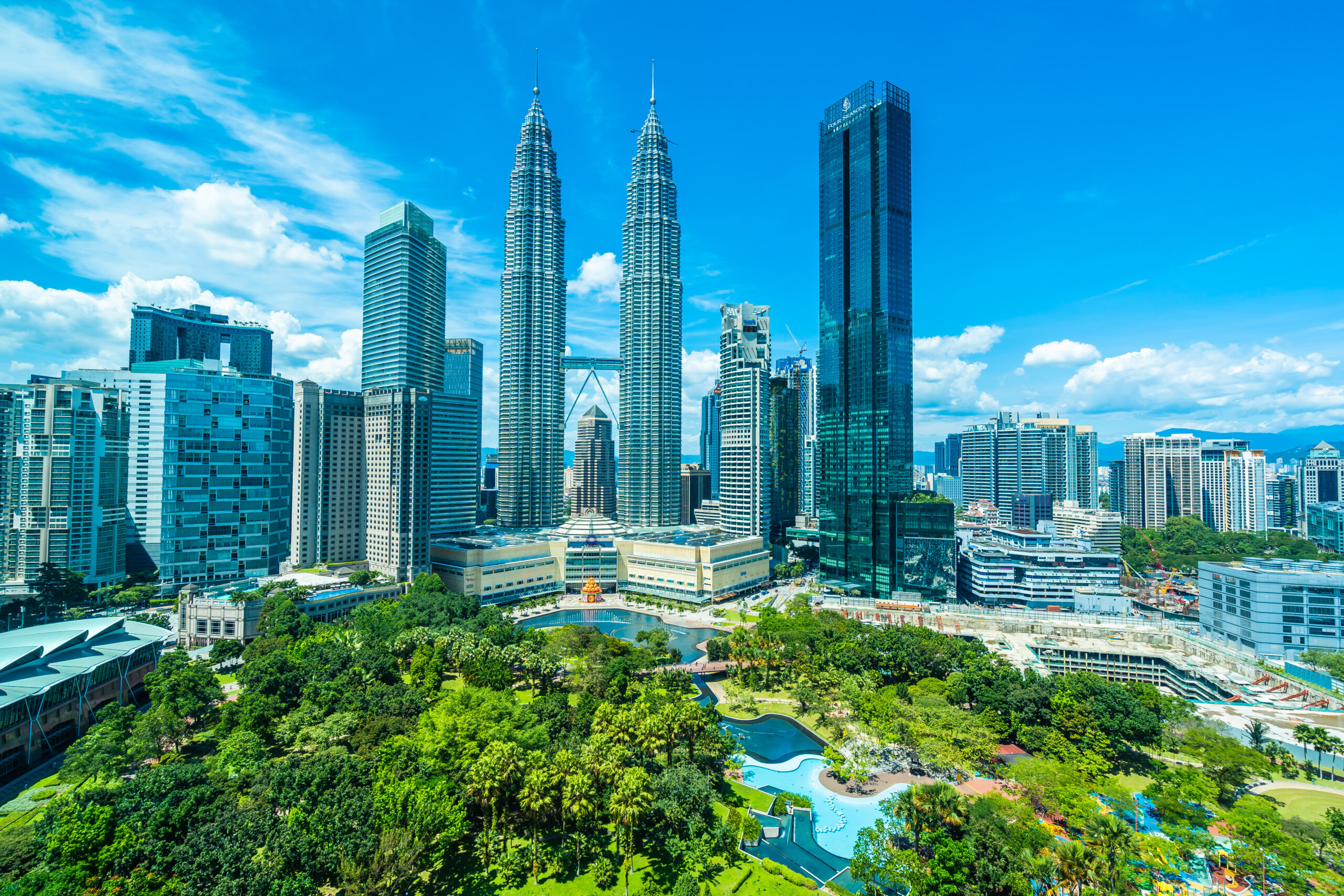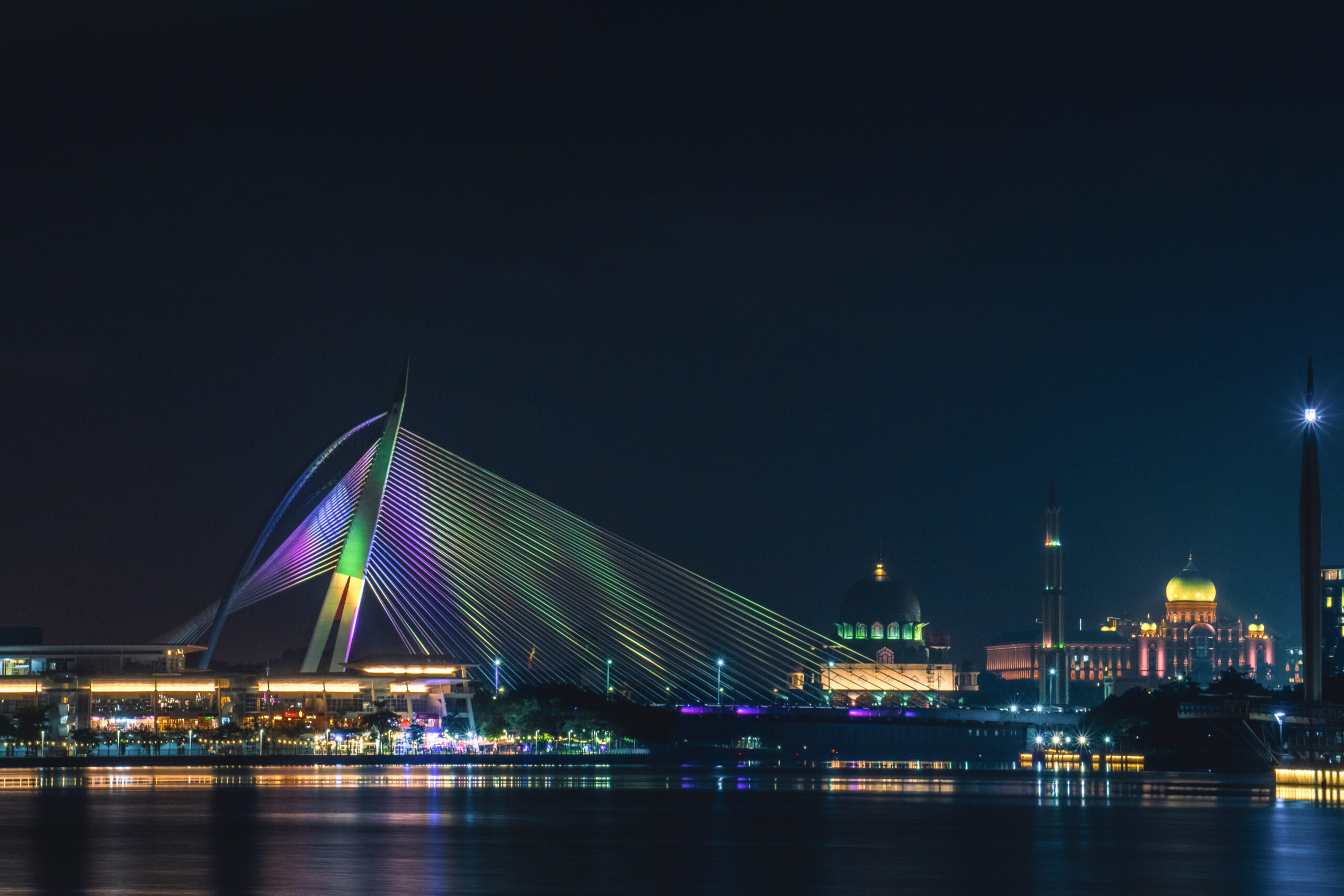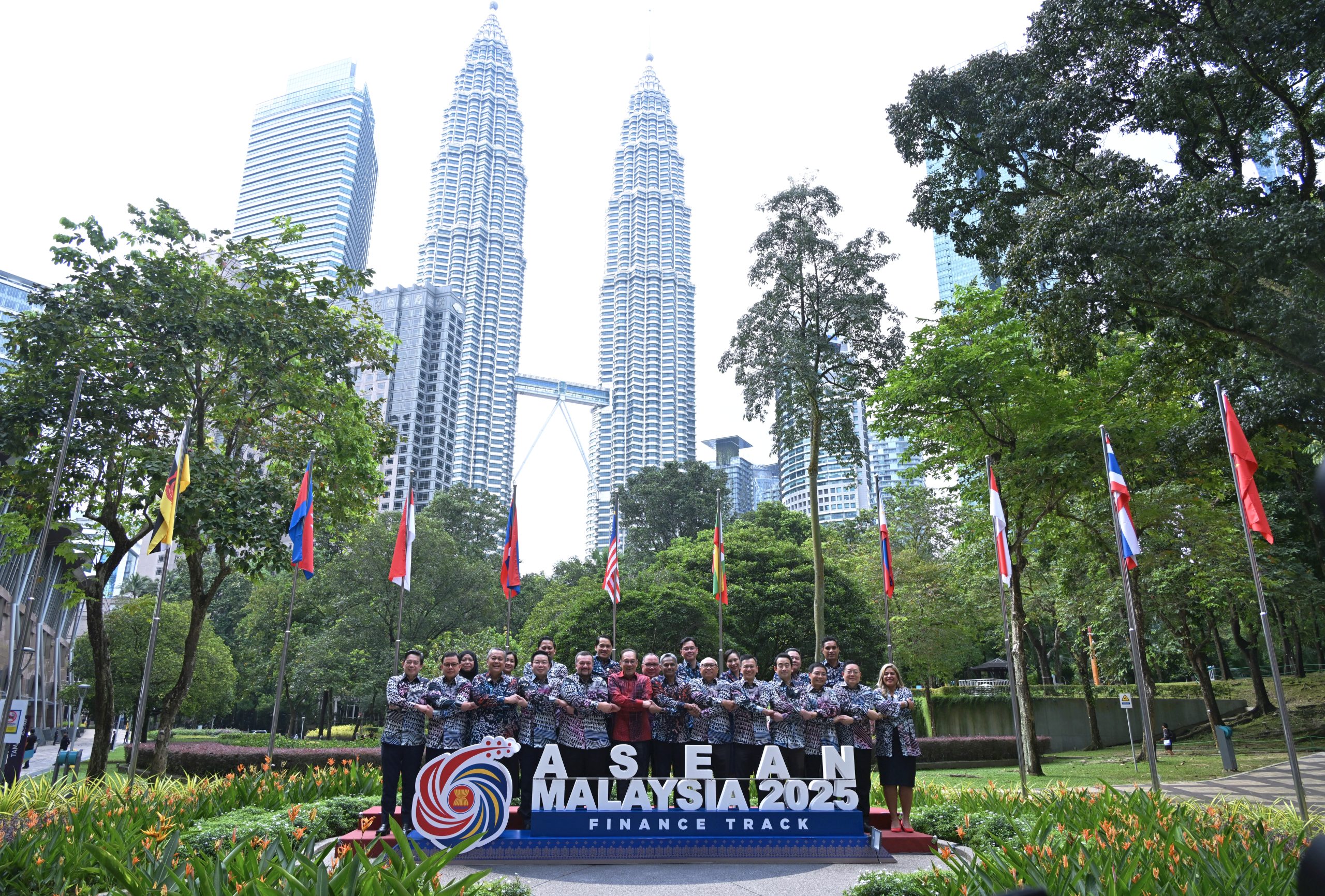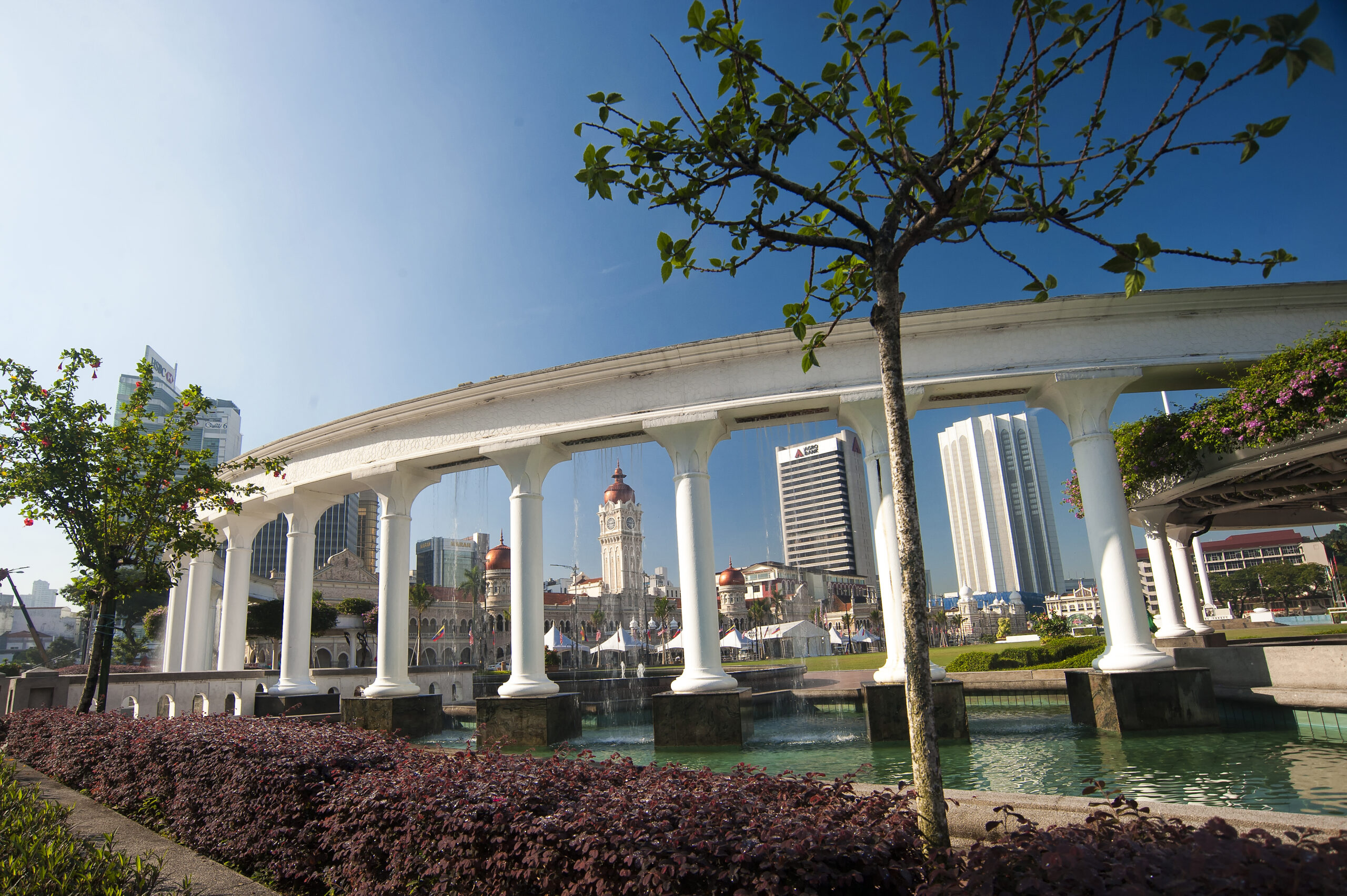Malaysia and ASEAN 2025
LEADING THE REGION INTO THE FUTURE
Copyright TOURISM MALAYSIA. All rights reserved.

As the sun rises on a new chapter of Southeast Asian cooperation, ASEAN 2025 marks a critical milestone in the region’s journey toward deeper integration, enduring unity, and sustainable prosperity. At the heart of this transformation stands Malaysia—a founding member of ASEAN, a diplomatic bridge builder, and now, a key architect in shaping what comes next for the region. In a time increasingly defined by global volatility, technological disruption, and socioeconomic shifts, Malaysia’s vision for ASEAN 2025 is rooted in the belief that regional cooperation isn’t only essential, but deeply personal—an extension of shared identity, history, and aspirations.
In an age marked by technological disruption, climate urgency, and evolving security landscapes, Malaysia’s contribution to ASEAN 2025 reflects a steadfast belief that regional cooperation is not only a strategic necessity but also a deeply personal aspiration. It speaks to the values of mutual respect, shared identity, and collective progress that bind the region’s diverse nations together. Malaysia envisions an ASEAN where every member state thrives—not in isolation, but through a shared journey shaped by dialogue, trust, and unity of purpose.
During Malaysia’s ASEAN Chairmanship in 2015, the ASEAN Community Vision 2025 was adopted, and it outlines a more cohesive, rules-based, people-oriented, and globally engaged ASEAN. It’s built around three interdependent pillars: the ASEAN Political-Security Community (APSC), which fosters regional peace, resilience, and security; the ASEAN Economic Community (AEC), which drives economic integration, innovation, and inclusivity; and the ASEAN Socio- Cultural Community (ASCC), which emphasizes sustainability, shared values, and a strong regional identity. Malaysia has played a pivotal role in crafting this vision and is doubling efforts to ensure this vision becomes a reality.
Malaysia’s influence in ASEAN is anchored in its unique ability to combine pragmatism with principle. Whether promoting peaceful dispute resolution in the South China Sea, advancing inclusive trade frameworks, or advocating for climate resilience and green economy transitions, Malaysia consistently emphasizes collaboration over confrontation. In the political‐security realm, Malaysia has championed ASEAN centrality in dialogues with global powers and emphasized the need for a rules‐based order in an increasingly multipolar world. Through platforms like the ASEAN Regional Forum (ARF) and the East Asia Summit (EAS), Malaysia has reiterated the importance of trust building and preventive diplomacy in managing tensions and preventing conflicts.

Malaysia has remained a staunch advocate of open markets and regional integration in its economic landscape. Trade remains the lifeblood of Malaysia’s economy, comprising over 60% of its GDP. By actively engaging in ASEAN‐led agreements such as the Regional Comprehensive Economic Partnership (RCEP) and the ASEAN Free Trade Area (AFTA), Malaysia is well‐positioned to leverage a collective market of over 2.3 billion people. These frameworks have enabled Malaysian small and medium enterprises (SMEs) to scale regionally, benefiting from reduced tariffs, harmonized standards, and improved logistics. The country has also emerged as a hub for digital trade and e‐commerce, with Malaysian startups thriving in fintech, logistics, and online retail, supported by regional digital integration efforts.

Malaysia’s commitment to connectivity and infrastructure development has also strengthened ASEAN’s physical and digital integration. Strategic investments in projects such as the ASEAN Smart Cities Network, Trans-ASEAN transportation corridors, and cross-border energy grid initiatives demonstrate Malaysia’s intent to not only enhance its own competitiveness but to raise the tide for the entire region. By improving connectivity, Malaysia is enabling more inclusive development, particularly for lessdeveloped member states, ensuring that ASEAN’s progress leaves no one behind.
Beyond economics and security, Malaysia has been instrumental in advancing ASEAN’s social and cultural agenda. The ASCC pillar—often less visible but equally vital—has benefited from Malaysia’s active promotion of youth empowerment, education exchange, and cultural dialogue. Through initiatives such as the ASEAN University Network, youth volunteer programs, and ASEAN youth summits, Malaysia is cultivating a new generation of leaders who think regionally while act locally. These programs foster a shared sense of belonging and crosscultural empathy, which are crucial in maintaining ASEAN’s cohesion amid its rich diversity.
Environmental sustainability and climate change mitigation have also climbed Malaysia’s regional agenda. In line with ASEAN’s Green Agenda, Malaysia has promoted policies to address transboundary haze, encourage renewable energy adoption, and protect biodiversity. The country supports the ASEAN Centre for Biodiversity and collaborates on cross-border environmental initiatives that address both ecological preservation and disaster risk reduction.

As 2025 progresses, the ASEAN Vision is no longer just a distant framework, it is becoming a tangible reality. While challenges remain—from geopolitical tensions and economic disparities to climate vulnerabilities and digital divides—Malaysia’s leadership offers a stabilizing and forward-thinking force. The country continues to blend its national interests with ASEAN’s collective goals, exemplifying how regionalism can thrive in the 21st century.
Ultimately, for Malaysia, ASEAN 2025 is not the end of the journey. It is a launchpad for an even more integrated, inclusive, and innovative Southeast Asia. With its strategic diplomacy, economic agility, and people-first policies, Malaysia is poised not only to lead but to inspire—ensuring that ASEAN remains resilient, relevant, and united in a rapidly changing world.